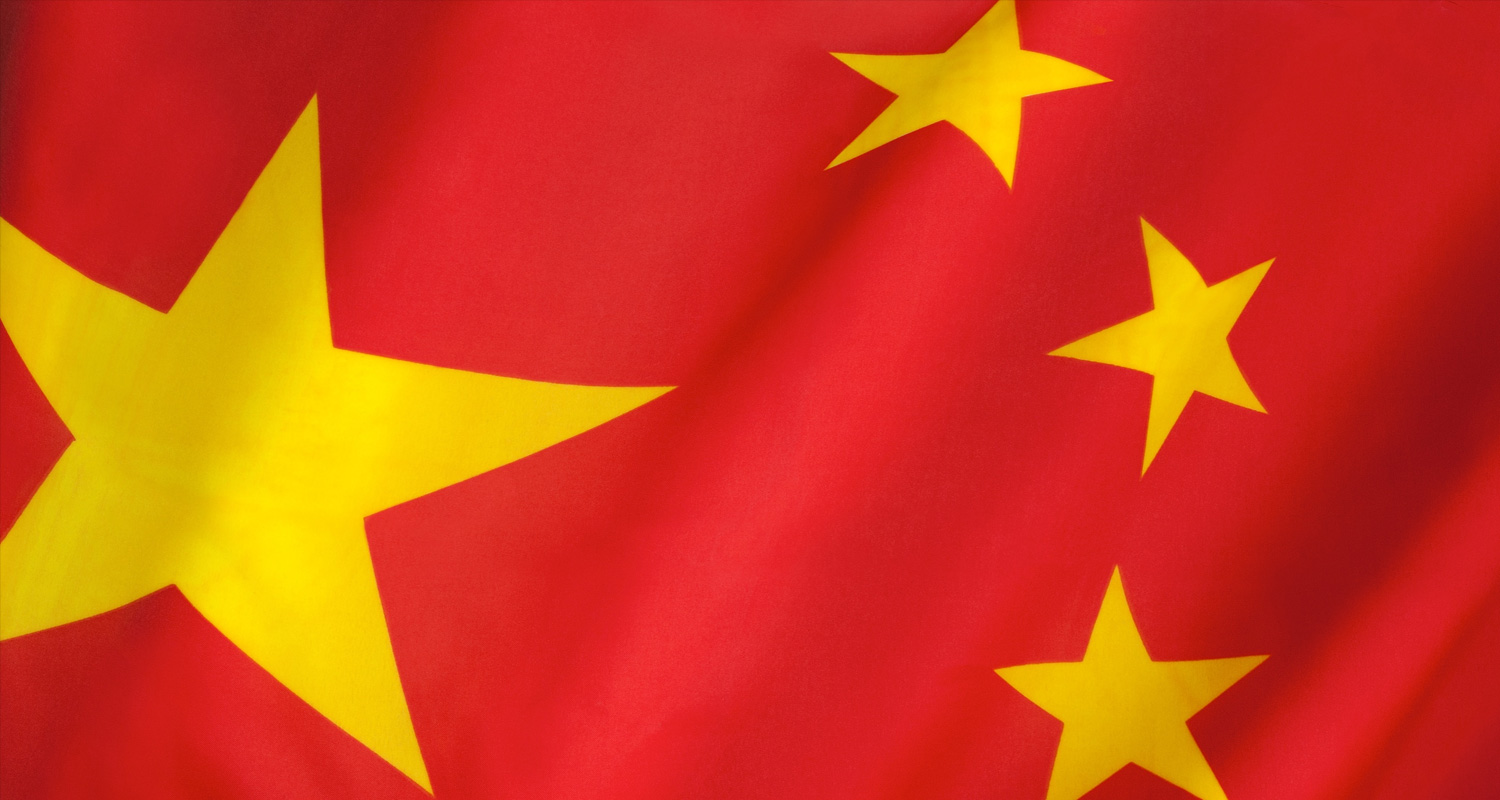 China has ordered officials at central government agencies not to use Apple’s iPhones and other foreign-branded devices for work or bring them into the office, the Wall Street Journal reported on Wednesday, citing people familiar with the matter.
China has ordered officials at central government agencies not to use Apple’s iPhones and other foreign-branded devices for work or bring them into the office, the Wall Street Journal reported on Wednesday, citing people familiar with the matter.
The orders were given by superiors to their staff in recent weeks and it wasn’t clear how widely the orders were being distributed, the WSJ said.
The ban comes ahead of an Apple event next week that analysts believe will be about launching a new line of iPhones, and could trigger concern among foreign companies operating in China as Sino-US tensions escalate.
The WSJ report did not name other phone makers besides Apple. Apple and China’s State Council Information Office, which handles media queries on behalf of the Chinese government, did not immediately respond to requests for comment.
China has in recent years grown more concerned over data security and has rolled out new laws and compliance requirements for companies.
In May, China urged big state-owned enterprises to play a key role in its drive to attain self-reliance in technology, raising the stakes in the race amid rifts with the US.
Sino-US tensions have been high as Washington works with allies to block China’s access to vital equipment needed to keep its chip industry competitive, and Beijing restricts shipments from prominent US firms including plane maker Boeing and chip company Micron Technology.
Important market for Apple
During a visit to China last week, US commerce secretary Gina Raimondo said US companies had complained to her that China had become “uninvestible”, pointing to fines, raids and other actions that have made it risky to do business in the world’s second largest economy.
The latest restriction by China mirrors similar bans taken in the US against Chinese smartphone maker Huawei and short video platform TikTok, owned by China’s ByteDance.
Read: Teardown of Huawei Mate60 Pro shows China’s chip breakthrough
China is one of Apple’s biggest markets and generates nearly one-fifth of its revenue. — Baranjot Kaur, (c) 2023 Reuters




